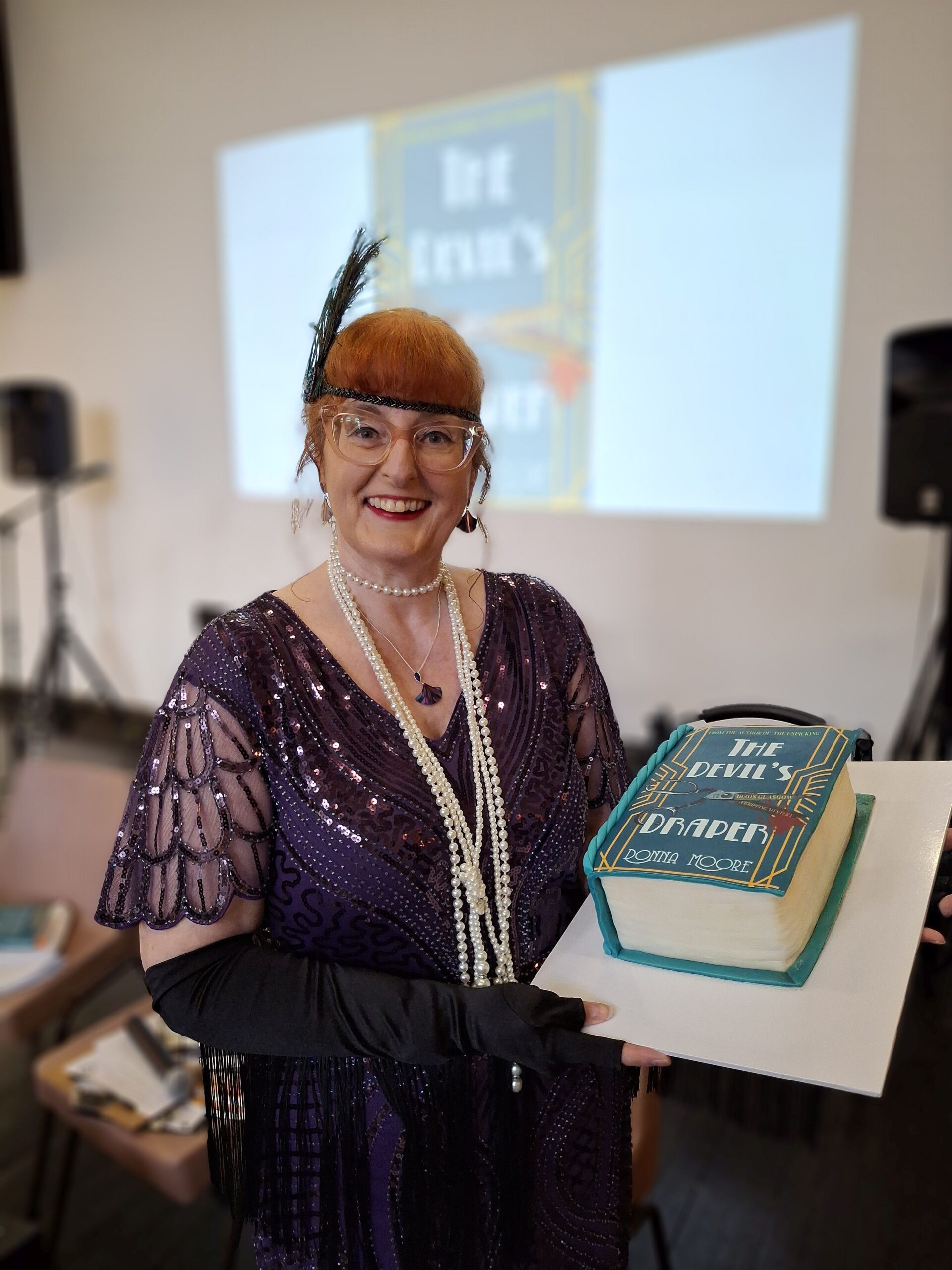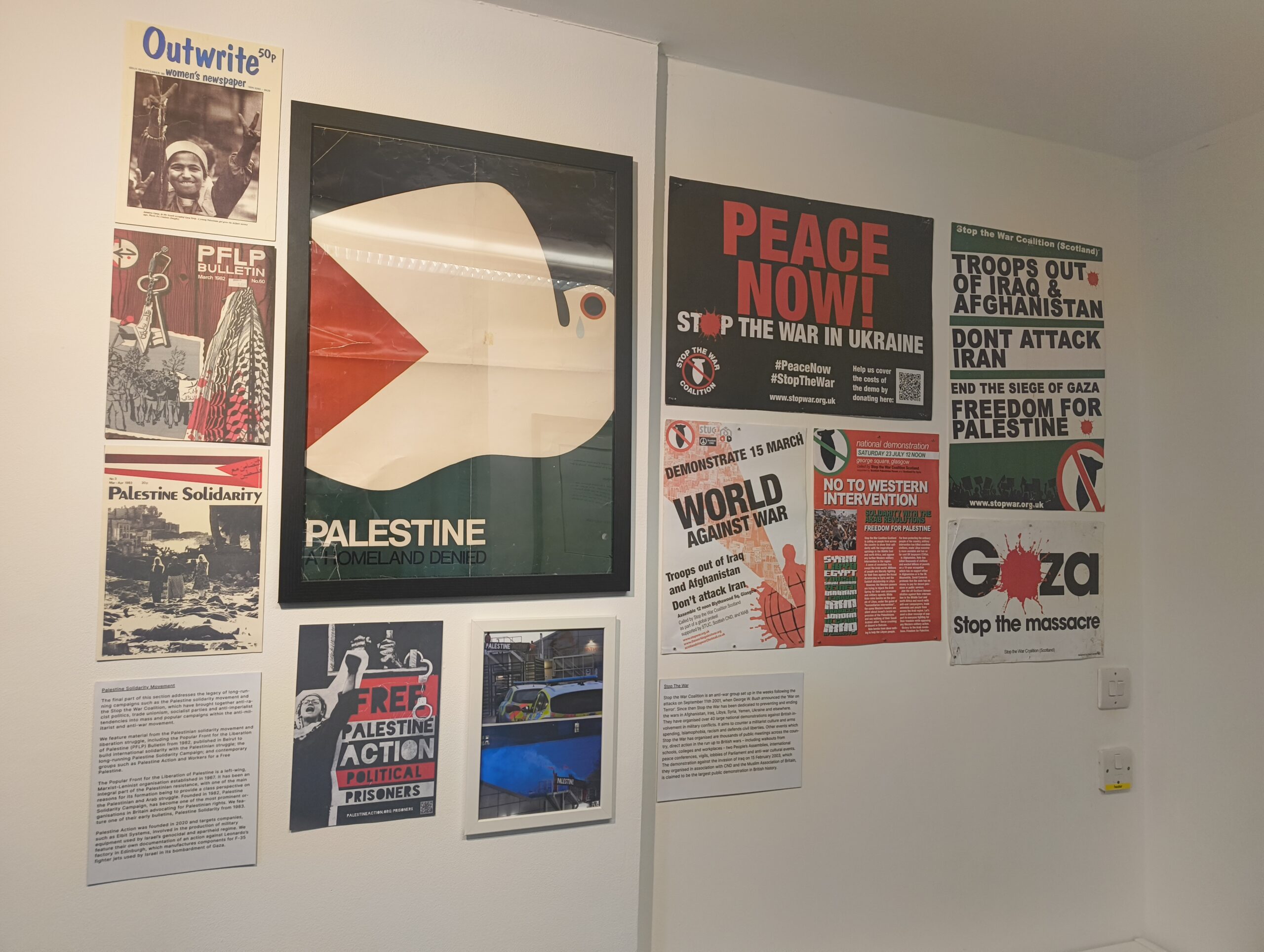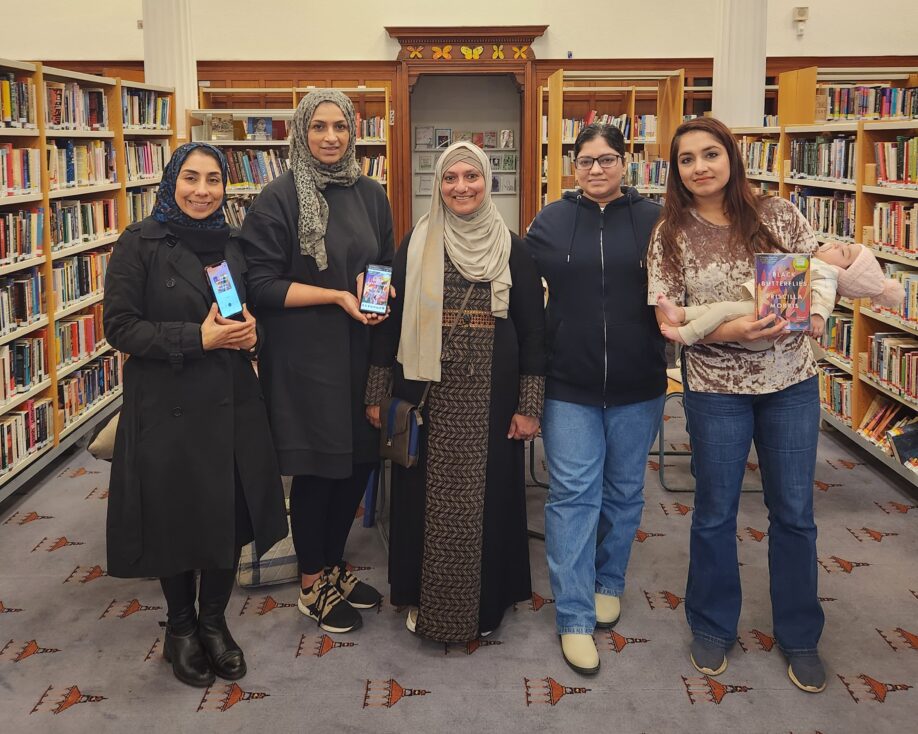By our volunteer Anabel Marsh.
At the end of 2012, I joined GWL’s Women Make History group as a tour guide. I’ve lost count of the number of walks I’ve helped to lead and have learned about some fascinating women along the way. Over the years, some have become particular favourites, none more so than Jessie Stephen, a woman who spent her entire life campaigning for equality.
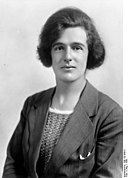
Jessie was born in 1893 in Marylebone, London, the oldest of 11 children. Her father was a tailor who moved where the work was, so the family came to Scotland when Jessie was about two years old, first to Dunfermline, then Edinburgh, and finally Glasgow. The Stephen children attended North Kelvinside School, where Jessie was bright enough to win a scholarship but left at 15 because her father lost his job and she had to work as a domestic servant to help the family budget.
Alex Stephen had strong Socialist views which he passed on to his daughter. While still a teenager Jessie became the Vice-Chair of the Independent Labour Party in Maryhill, founded the Scottish Domestic Workers’ Federation, and joined the Women’s Social and Political Union: the Suffragettes. Most working-class members of the WSPU had to protect their anonymity, so we know very little about them, but Jessie has left her mark on history because she remained an activist throughout her long life, for which she was awarded the TUC Gold Badge in 1955 and an MBE in 1977. She left Glasgow during the First World War to work for Sylvia Pankhurst and never returned to live in Scotland, dying in Bristol in 1979, but you can still find traces of her life in Glasgow if you look hard enough.
For example, the 1911 census records the family (though not including Jessie) living in Rolland Street. This used to run diagonally from what is now Queen Margaret Drive, emerging onto Maryhill Road by the old Strathmore Bar, now The Botanist. The tenements were cleared decades ago, and for many years the site was used as football pitches. Now it has been cleared again, and a new school is being built (Jessie would have approved) but you can still see a little bit of road emerging by The Botanist which I believe is the last vestige of Rolland Street.
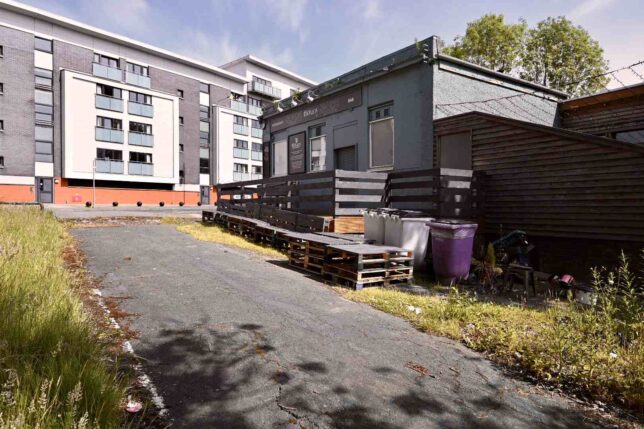
By 1911, Jessie was living away from home as a domestic servant, and the census records her in Burnbank Gardens where she worked for Mrs Harvey, a relatively benign employer. Not so benign was a later mistress, Lady Chisholm of Belhaven Terrace, who dismissed Jessie when she wrenched her ankle running upstairs and thus couldn’t fulfil all her duties. However, this was the job during which Jessie organised her fellow maids into the Scottish Domestic Workers’ Federation (1913) and became an active Suffragette. One of the tasks she undertook was what the Glasgow Herald described as “Pillar Box Outrages”, something she got away with because, in her own words: I could drop acid into a pillar box without anyone suspecting me – muslin apron, black dress, cab and cuffs. I couldn’t be doing anything criminal! The Herald specifically mentions Kirklee and, right across from the house Jessie worked in, at the junction of Kirklee Road and Great Western Road, is an Edwardian pillar box. Did Jessie stand here? I like to think so.
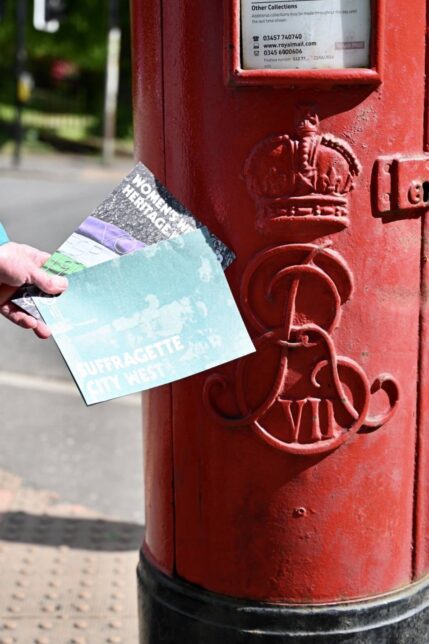
Jessie wrote about these incidents in her unpublished autobiography, Submission is for slaves. Alas, GWL doesn’t possess a copy, but we do have an issue of Spare Rib (Number 32, 1975) which quotes extensively from it, as does Laura Schwartz’s book Feminism and the servant problem: class and domestic labour in the women’s suffrage movement (Cambridge University Press, 2019). This is available in the Library for reference and is an excellent read on the tensions between working class suffragettes and their employers – whether the latter supported Votes for Women or not. It’s best to call ahead if you want to consult either of these items.
(Please note that at time of publishing GWL is closed in line with Scottish Government law and guidance relating to Covid-19)
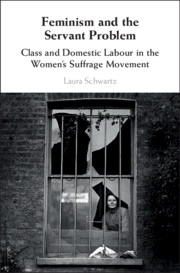
If you’re as fascinated by Jessie as I am, you might want to hear her speak. In the 1970s, historian Brian Harrison took oral histories from almost 200 surviving suffrage campaigners which have now been made available online by the London School of Economics. Jessie is number 157 on the list:
Finally, I love this affectionate article by Jean Corston, a former Labour MP in Bristol who befriended Jessie in old age:
Suffragette and activist Jessie Stephen: a life remembered
In it she quotes Jessie’s last reported words which, I think, perfectly sum up the woman she was:
You’ll have to change my tablets. I’m going to a Women’s Conference.
—
This post is by Anabel Marsh, who volunteers as a cataloguer and tour guide with GWL. You can read more of Anabel’s writing on her personal blog https://glasgowgallivanter.com/

